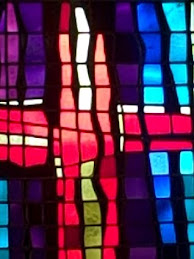It sounds like the plot of a crime drama or the scourge of a developing country, but experts say that human trafficking is a serious problem in the U.S., and American’s children are frequent pawns.
Human trafficking is modern-day slavery. It includes all aspects of forcing an individual to perform labor or other services. Traffickers use debt bondage, threats and physical violence to recruit or harbor individuals who are then forced to unlawfully and/or unwillingly perform labor. This labor can include sexual services, domestic labor, agricultural or field labor, mail order brides or factory work.
Come learn more and help shine a light on a growing problem that has been in the shadows in our country as well in countries around the world. We will also learn about efforts being made to combat this crime and things that each of us can do. Discussion leaders will be John & Phyllis Freeman.
Warning: Please know that this discussion will cover sensitive materials.
What does the Presbyterian Church say to us?
The Presbyterian Church (USA) Human Trafficking Roundtable is at work to lift up the issue of modern-day slavery, provide resources and advocate for further action to eradicate human trafficking. As Christians we have a biblical mandate both to establish justice and to care for the powerless.
Micah 6:8: He has told you, O mortal, what is good; and what does the Lord require of you but do justice, and to love kindness and to walk humbly with your God?
Amos 2:6, 7: Speaks of God’s judgment on those who sell the righteous for silver and the needy for a pair of sandals.
Deuteronomy 10:17-18: For the Lord your God is God of gods and Lord of lords, the great God, mighty and awesome, who is not partial and takes no bribe, who executes justice for the orphan and the widow, and who loves the strangers, providing them food and clothing.
